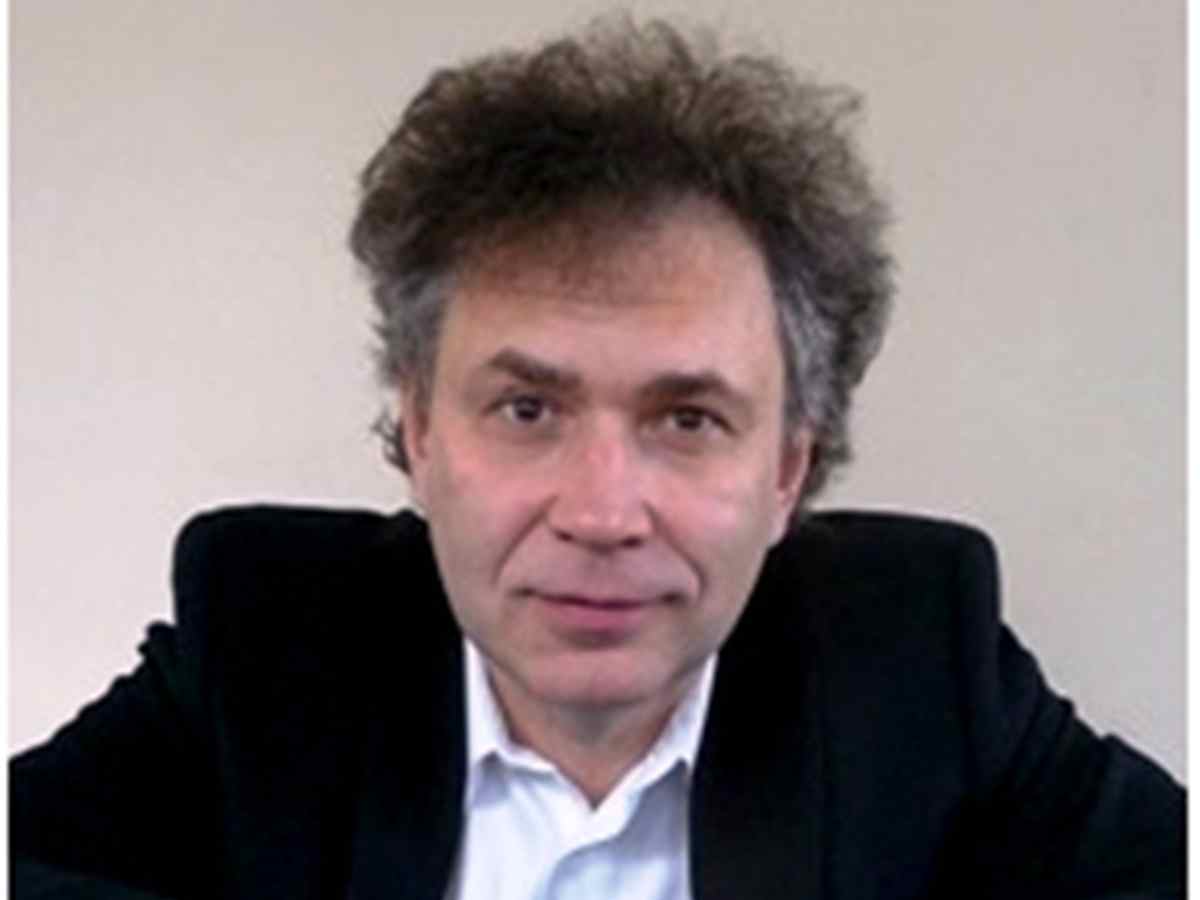On February 24, the Triveni Kala Sangam became a stage for history, grief, and defiance, as Ukrainian musician and scholar Taras Filenko took his place at the piano. The concert, Resonance of Resilience, was more than a performance—it was a powerful statement of Ukraine’s enduring spirit amid war and displacement. Dr Filenko was joined on stage by Polish violinist Tomasz Pajak and Croatian soprano Silvija Radjen Kumar.
Organised by the Embassy of Ukraine to India in collaboration with the Polish Institute New Delhi and the EU Delegation to India, the event blended music with a deep cultural and political message.
“I never expected this war to last for years,” Filenko confessed, his voice laced with sorrow. “Everyone I know in Ukraine has lost someone—either a friend, a relative, or a colleague. It’s impossible to find a single family untouched by grief.”
A distinguished ethnomusicologist and pianist, Filenko has dedicated his life to preserving and promoting Ukrainian music. Born in Ukraine, he trained at the National Academy of Music in Kyiv, where he eventually became Associate Dean. But when war erupted, he put his academic career on hold to focus entirely on cultural diplomacy. “Centuries of oppression have created a void—a lack of knowledge about Ukrainian culture,” he said. “My mission is to fill that void.”
Also read: Ex-Big Boss contestant Priya Malik’s journey of self-discovery
Echoes of a silenced past
The evening’s programme was carefully curated to reflect Ukraine’s rich musical heritage. The concert opened with a piece by Mykola Lysenko, regarded as the father of Ukrainian classical music. “He wrote 12 operas, transcribed hundreds of folk songs, yet only half of his 40-volume work has been published,” Filenko noted, holding up a book that took him 28 years to complete—one that his mother had started before him.
Other selections included works by composers whose legacies were erased or diminished under Soviet rule, such as Lev Revutsky and Fedir Akimenko. The latter fled to Paris after the Soviet crackdown in the 1920s, only to die in exile, his music banned in his homeland. “It was labelled ‘traitorous’ by the Soviets,” the musician explained, playing a haunting prelude dedicated to Ukraine’s greatest poet, Taras Shevchenko—often called the Shakespeare of Ukraine.
The performance also featured a deeply personal moment. Filenko played a piece written by his friend, composer Viktor Stepurko, who remains in Kyiv despite daily bombings. “He sends me handwritten scores because they have no electricity,” he revealed, holding up a sheet of music scrawled in pencil. “He composes by candlelight—this is 21st-century Europe.”
A voice for a nation
The climax of the evening came when Croatian soprano Silvija Radjen Kumar performed the Ukrainian national anthem. “She learned it in Ukrainian in just one day,” he marvelled. “Her voice carried the weight of our collective pain and hope.”
Filenko’s journey has taken him across the world, using music to connect cultures. Last year, he performed in India with the support of the Ukrainian and American embassies. “Diplomatic channels make this possible. Without them, it would be nearly impossible to organise these events,” he admitted.
Now, his Indian collaborations are expanding. He is working with a Delhi based choral conductor to introduce Ukrainian compositions into upcoming performances. Additionally, he is planning a major event at the Lotus Temple in March, featuring Baltic musicians. “It started as a solo concert, but now it’s growing into something much bigger,” he said. “Art has a way of bringing people together.”
Also read: Feels amazing to be back: Neha Dhupia on returning to stage
The power of music in wartime
Filenko wears many hats—composer, historian, performer. With a PhD in historic musicology from Kyiv and a doctorate in ethnomusicology from the University of Pittsburgh, his academic journey has been as diverse as his musical one. “You must be versatile,” he reflected. “An artist today needs many skills—teaching, writing, performing. It’s like going into battle; you need all your weapons.”
Despite his achievements, his heart remains with Ukraine. The concert’s final piece, Melody, has become an unofficial anthem of Ukrainian resistance. As the last notes faded, the audience sat in reverent silence, absorbing the emotional weight of the evening.
“This war is not just about Ukraine—it is a war against humanity,” Filenko said in closing. “And as long as I have breath in me, I will continue to tell our story— through music.”
His performance was a poignant reminder that culture, even in the darkest times, remains a beacon of resilience and identity.




